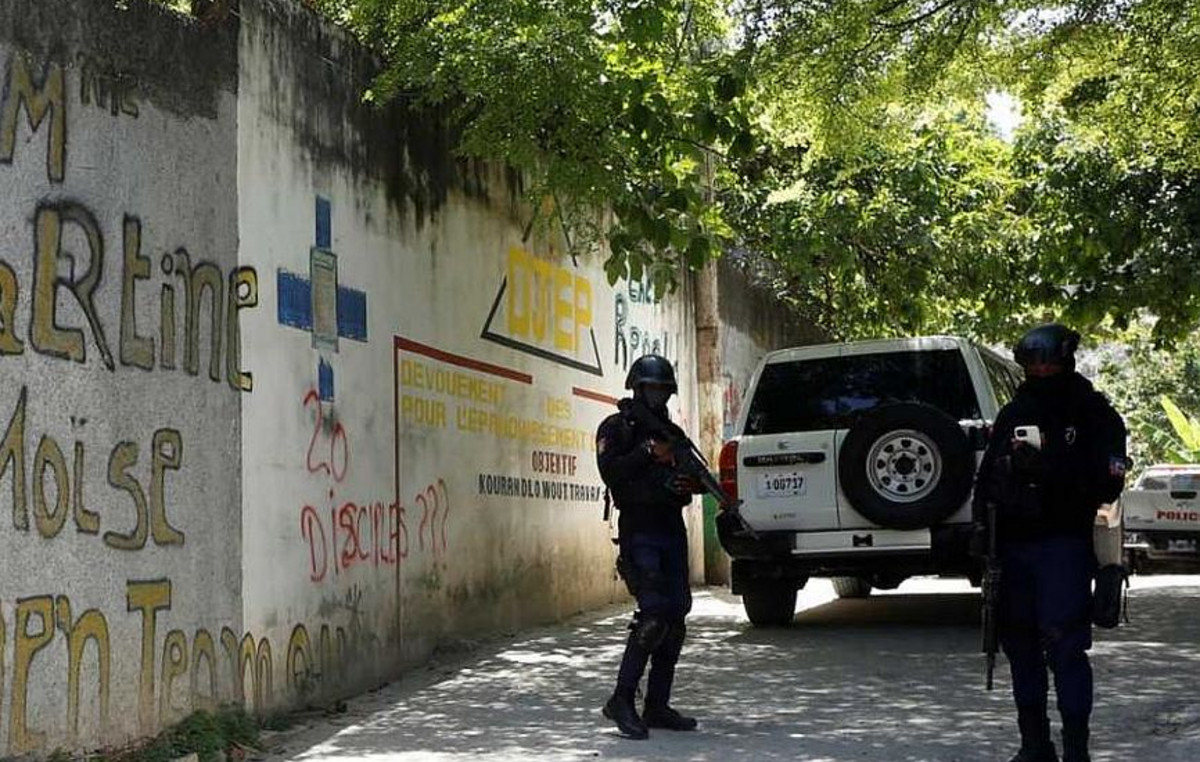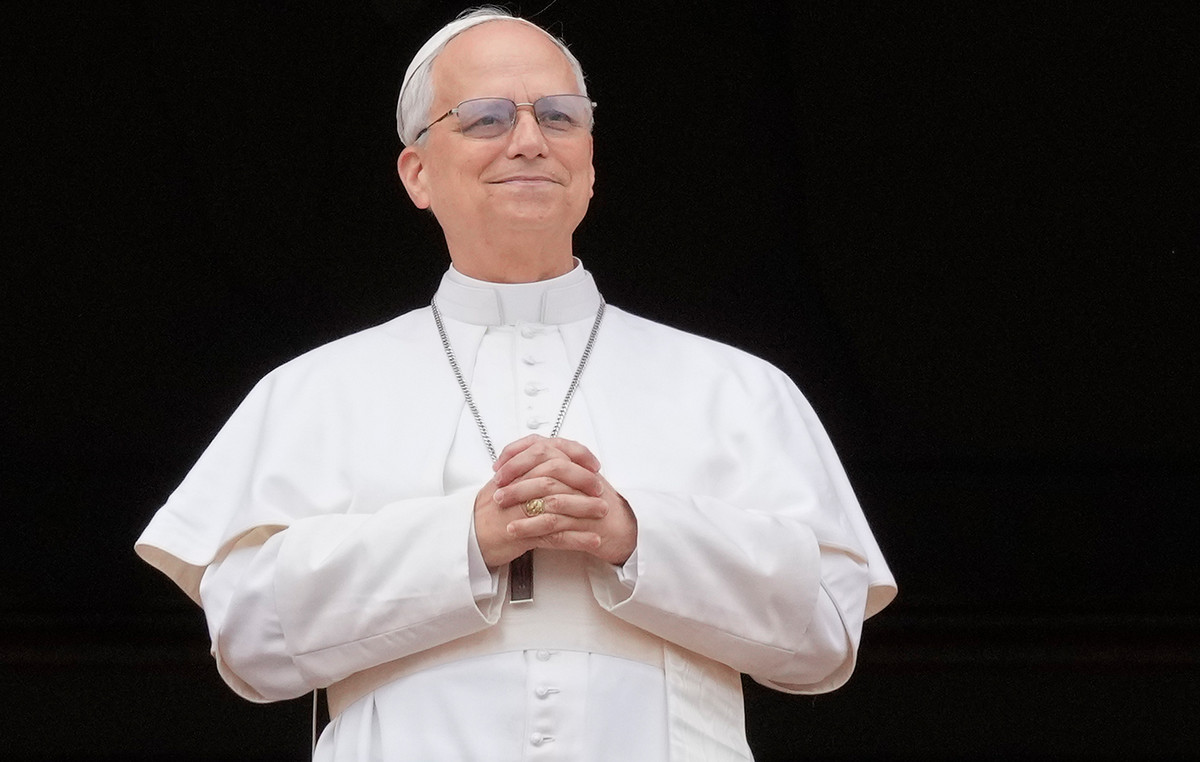On the first day after the end of the mandatory use of a mask in closed environments – as determined by Governor João Doria (PSDB), the people of São Paulo showed caution and resisted taking off their protection. The advance of vaccination and the drop in hospitalizations and deaths were justifications for the release, but they did not completely remove the fear of the population of being contaminated.
In the corridors of the Center Norte shopping mall, for example, the number of patrons wearing a mask was visibly higher than those without protection yesterday. Although use remains compulsory only in places where health services are provided, such as hospitals and UBSs, and in places of access and public transport vehicles, the autonomous professional Antonio Marcos da Silva Melo thinks that it is still too early to remove the mask.
One of the reasons for the caution is the death of brother Luiz Silva Melo, 53, at the beginning of the pandemic, in 2020, by covid-19. Antonio was not contaminated. “I still think it’s a moment of prevention. I don’t feel safe.”
Those who decided to go out without a mask confessed to relief, a feeling of freedom, but also estrangement. It was the first time retired civil servant Carla Nabia, 51, had gone without a face shield in nearly two years.
She decided to go for a walk with her 11-year-old son Pedro Luiz. “I wanted to feel that freedom, but I confess that I’m still afraid”, says the resident of Parque Mandaqui, located in the northeast of São Paulo. “People feel unprotected. Every time I think about putting it on,” she adds.
For the son, the feeling of relief was stronger. “It is very difficult to breathe with a mask on. I’m happy.”
This mixture of feelings also marked the couple Wellington Tadeu, 53 years old, and Carla Souza, 51. The two were without a mask in the mall corridors and were scared by the Estadão report. “I thought it was some inspection. My mask is in the bag”, said the teacher.
The two see this phase as a moment of transition, of testing, to understand how other people – and the contamination rates – will behave. “It’s one more step, but we still can’t celebrate”, says Carla.
In Itaquera, dentist Andreza Silva, 28, was amazed at the number of “masked” people in the mall that is named after the neighborhood. She had to rush to buy a dress for her daughter’s birthday. “I found it strange. I thought no one would be wearing a mask.”
In other closed places, giving up the mask still seems distant. This is the case with cinemas. Everyone who bought tickets for the first session this Friday, at Cine Marquise, on Avenida Paulista, wore a mask. That was also the intention of publicist André Junqueira, 35, who was going to take advantage of the day off to accompany the new Batman. “It will take me a long time to take off the mask at the movies”, he predicts.
open environments
Even with the release of the use of masks in open environments, many people still resort to precaution on the sidewalks. At the corner of Paulista and Rebouças on Friday afternoon, the number of pedestrians with and without a mask was balanced. The scene was similar in Praça da República.
For store manager Diego Duarte, 32, the journey between the downtown store and the bus to his home, in the south zone, is the only moment to breathe – literally. The factory in which he works has already defined that the mask remains mandatory – according to the state decree, its use is optional in offices, shops, classrooms and gyms. “It’s a relief to be able to breathe better and see people’s faces.”
The search for this sense of relief was stronger for the customers of the Castanha Supermarket, in Vila dos Remédios, west side. Officials say that on Thursday, the 17th, shortly after the government of São Paulo authorized the use of masks, many customers arrived saying that they had the right to enter without a mask.
This Friday, the teams looked at a balance between customers with and without masks. In the case of employees, the option was free, according to owner Shirlei Castanha. But most chose to work with masks.
Source: CNN Brasil







